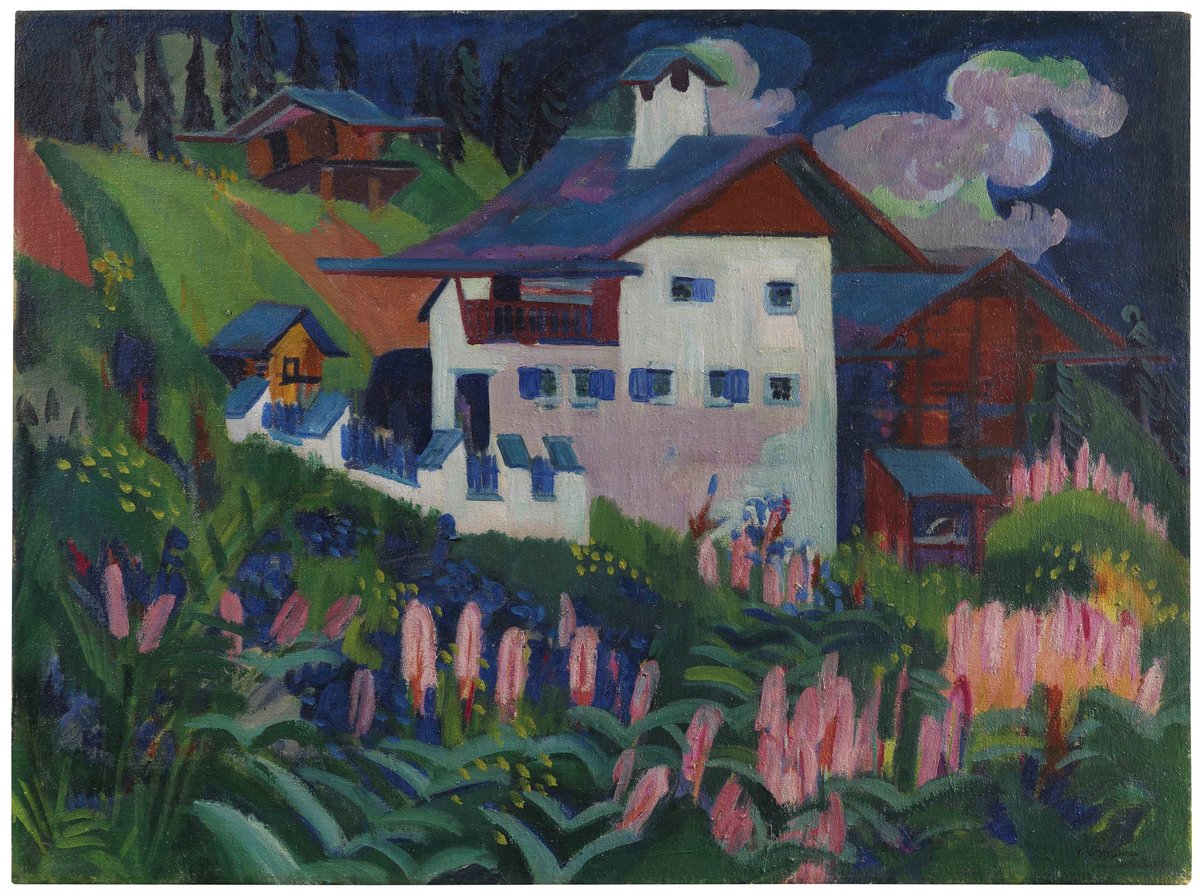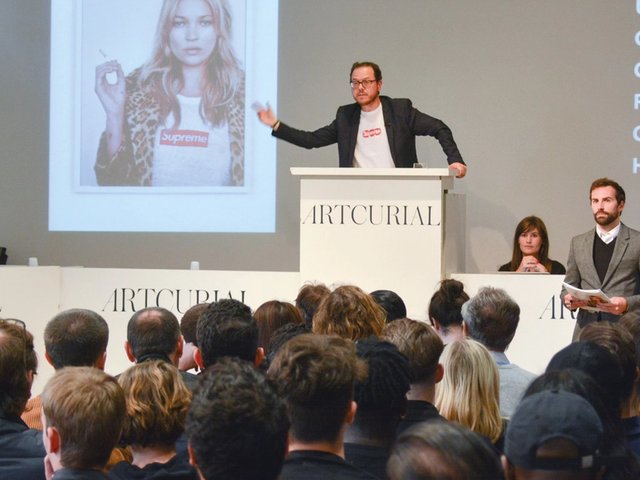As his train went through a tunnel, one bidder briefly lost his signal while taking part in a live auction online at Munich-based Ketterer Kunst earlier this year. Luckily, the train emerged in time for him to rejoin the bidding.
It is the kind of challenge that auctioneers and their customers have had to adapt to during the pandemic year, with most buyers outside the auction room and an increasing number of sales taking place online. Despite the technological challenges, Europe’s leading auction houses say they have weathered the crisis well as customers adapted quickly, in some cases making online purchases in the millions for art they had only viewed virtually.
“No one expected that customers would go online so fast,” says Peter Wehrle, the co-managing director at Ketterer Kunst. “The pandemic has given a major impetus to digitalisation. We even received bids topping the €1m mark online.”
Among the top lots at Ketterer this year were a Gerhard Richter painting, Christiane und Kerstin, which sold for €2.6m, and a colourful Ernst Ludwig Kirchner work, Our House, which sold for €1.7m. The family-owned auction house ended the year with sales of about €61m, just shy of last year’s results of €62m.
“That is sensational given the way we were thinking in March,” Wehrle says. “Everyone thought it would be far worse.”
That verdict on the year is echoed by other auction houses. “The effects of the pandemic were astonishingly limited,” says Doris Krumpl, a spokeswoman for Vienna’s Dorotheum, which does not publish overall sales figures for the year. Martin Böhm, the auction house’s managing director, says in a statement that its website had 1m visitors in June alone. “We are seeing an enormous influx of new customers as well as younger people showing interest in our sales,” he says.
Top lots at the Dorotheum included Chaim Soutine’s Woman in red against a blue background, which sold for €1.8m. An altarpiece by Pieter Coecke von Aelst reaped €1.1m, while a Gustav Klimt painting was purchased for €475,000 by an anonymous Viennese couple who subsequently donated it to the Leopold Museum.
Cologne-based Kunsthaus Lempertz even improved on last year’s figures, recording annual sales of €56.2m compared with €54m in 2019. A record price for a painting by Georges de la Tour contributed to that success—earlier this month, the 17th century portrayal of a girl blowing on a brazier fetched €4.3m (with fees), the most expensive Old Master work ever sold at a German auction house.
Many European houses had begun shifting their business online before the pandemic struck. But the pandemic has forced them to consider new formats: at Ketterer, for instance, the live auctions were professionally filmed with five cameras in the room, including one trained on the staff taking telephone bids, to “create a certain tension” and sense of occasion, Wehrle says. “It worked.”
Until this year, most auctioneers had viewed online bidding as better suited to lower-priced works. But the pandemic has shown that collectors are willing to pay substantial sums for art online—even if it is still the case that “the more expensive the work, the more likely it is they will use the telephone,” says Henrik Hanstein, the owner of Lempertz. In total two-thirds of the bids at Lempertz this year were online, and one-third by telephone, he says.
While some auction houses did record a slowdown in business, executives say it was significantly less dramatic than anticipated after the first pandemic lockdown in the spring. Paris-based Artcurial posted sales of €149m—a drop of 25% from 2019’s figure of €203m. “But if you had told us in June, we would have been glad to hear it was only 25%,” says Martin Guesnet, Artcurial’s European director. Its 2020 successes included €5m for a large outdoor Alexander Calder sculpture.
“We have been surprised at how easily customers switched to buying online,” Guesnet says. “The second half was very successful in all areas.”
There is still a lot of uncertainty hanging over next year. “The first three months will continue to be difficult,” Guesnet predicts. Artcurial is nevertheless confident enough to forge ahead with plans to open a representative office in Geneva in 2021. And like its rivals, the auction house has no doubts about its focus for the coming year.
“Digital development is the absolute priority,” Guesnet says.



